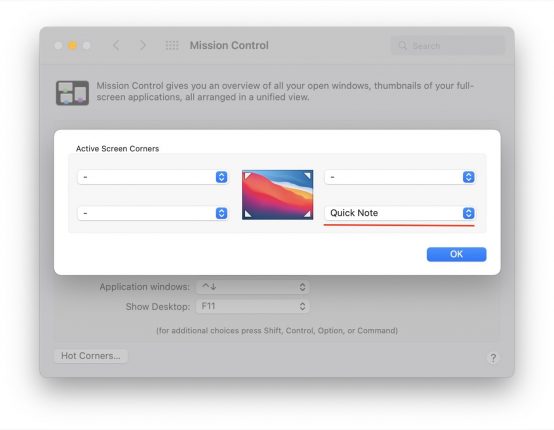
Last, but not least, it can be disabled by countries, ISPs, and telecom giants. It also doesn’t let you choose a specific location as is the case with run-of-the-mill VPNs.

Private Relay, first off, isn’t available system-wide and only works in Safari on your Mac, iPhone, and iPad. The best part is that Apple says, unlike other such systems, Private Relay will have a minimal speed impact.įurthermore, if you’re confused about simply calling it just another VPN, it’s not. Private Relay effectively helps ISPs and trackers from locating you and monitor your web usage. The first relay randomizes the IP address so that no one can trace it back to your system and the second relay decrypts the encrypted data in order to make it comprehensible to the website you are trying to browse. Its objective is to mask your IP address through a basic networking security arrangement so that the IP address, as well as your browsing history, is oblivious to your ISP as well as other external factors.Īs for a background explanation of how Private Relay works, it encrypts your browsing data and passes it through two relays. Private Relay is Apple’s latest iCloud offering as a part of its new iCloud+ rebranding.
MONTEREY DISABLE QUICK NOTE HOW TO
How to manage IP Address location in Private Relay on macOS Monterey.How to enable or disable iCloud Private Relay on macOS Monterey.What gives, then? That’s where iCloud’s new Private Relay feature in macOS Monterey and iOS 15 swoops in. But, even VPN providers have proven to be untrustworthy in the past what with countless data breaches and intentional brokering of users’ browsing histories.

Thankfully, you can use a VPN to get around ISPs tracking you online. All of this is vastly detrimental to our privacy and is pushing us toward a collective sense of paranoia, making the internet a less than blissful place to be. Worse, ISPs sometimes also give in to censorship requests for a monetary benefit. ISPs use it to sell users’ browsing data-including the websites they visit-to data brokers who use this pool of data to target personalized ads. ISPs, data brokers, and even Governments meddle with it for their own benefits.

However, very few at the time thought that such convenience would today be served at the expense of privacy. A video conference with more than 50 people at a time these days is loathed by many rather than being admired. Of course, that feeling is lost on us now, thanks to the oversaturation of media and the evolution of the internet itself. The fact that you could finally send a message to your loved ones instantly-and it would be received just as fast-was purely transcendental. When the internet originally went mainstream, people were excited to convert their day-to-day shenanigans into virtual tasks.


 0 kommentar(er)
0 kommentar(er)
